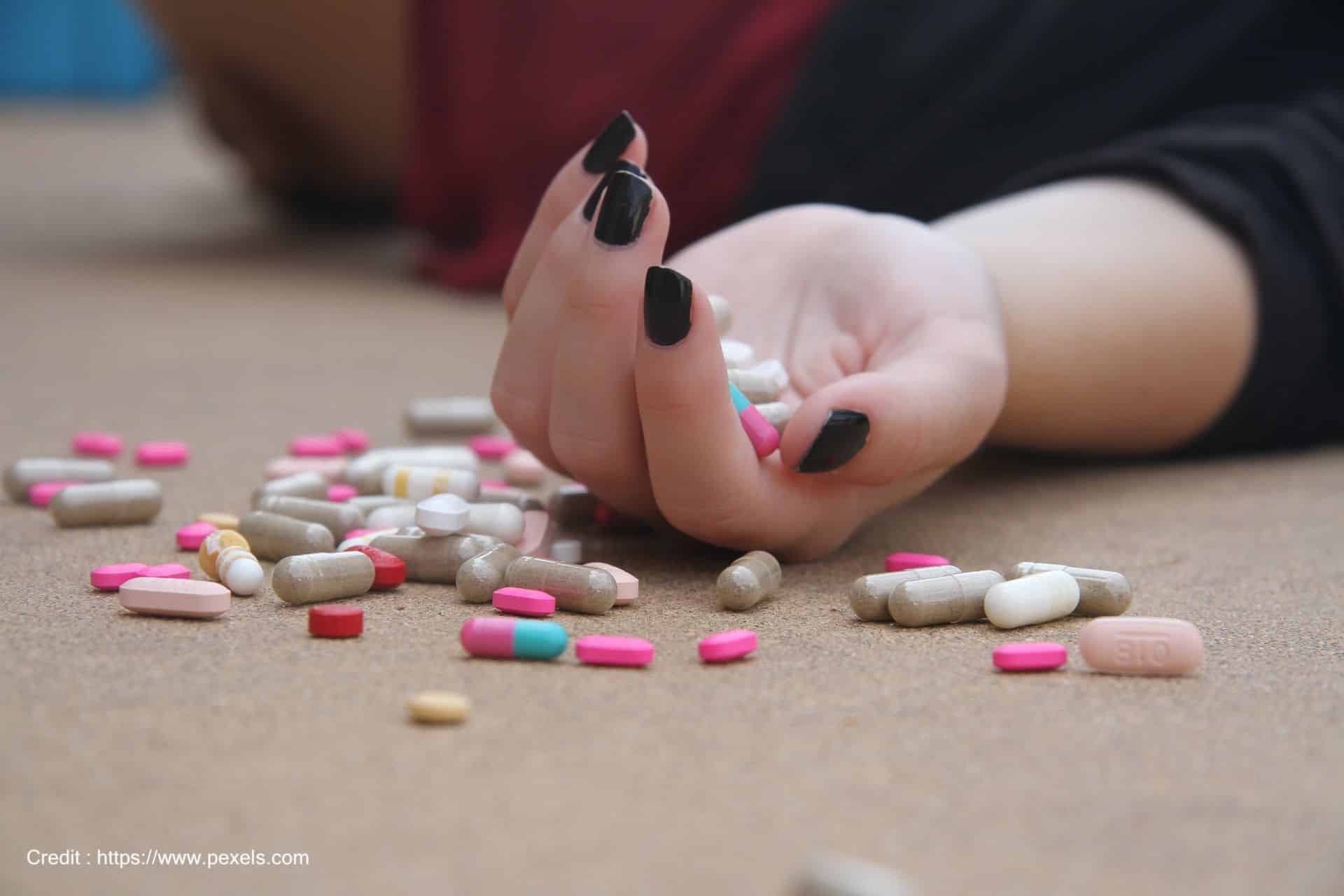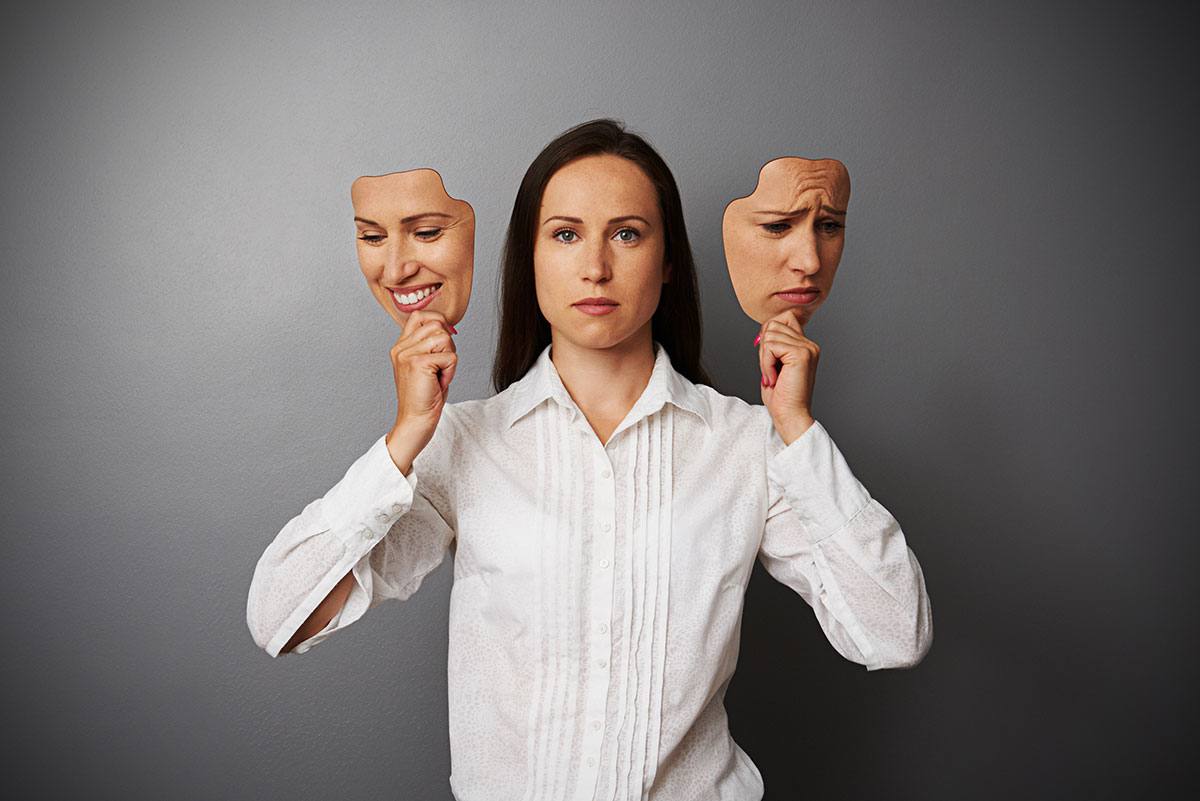Substance abuse and behavioural disorders vary greatly from person to person. Some people can be completely functional in their day-to-day lives and yet struggle with a crippling addiction to a highly addictive substance. Others yet, may not have fallen prey to a dangerous, destructive drug, but they have a much harder time dealing with the condition, which in turn causes their lives to spiral out of control.
Dependence and addiction are terms that are often used interchangeably, but they really shouldn’t be. Contrary to popular belief, they are not the same thing. Having a flawed understanding of these two conditions can, in the best case, cause a lot of confusion and, in the worst, derail one’s efforts to get better.
Understanding Dependence
People who are dependent on a certain drug rely on its continued use to feel at their best. When discussing substance dependence, it is important to start by noting that being dependent on a drug doesn’t necessarily mean being addicted to it. At least not yet.
Physical Dependence
We can distinguish between two types of substance dependence: physical and mental. The former refers to situations where the human body, due to a variety of reasons, becomes reliant on the substance to continue functioning properly.
For example, individuals who have sustained major injuries may become dependent on prescription painkillers prescribed by their doctors to manage their pain. At that point, they are physically dependent on their medication. They need to take it every 12 hours to make everyday activities manageable. However, as time goes by and they keep on ingesting the painkiller, their tolerance builds up, resulting in the need for an increased dosage to achieve the same effect. It’s a classic case of physical dependence. When not managed correctly, it can quickly turn into a full-blown addiction.
Mental Dependence
In cases of physical dependence, individuals rely on substances to control physiological symptoms, such as pain, or will experience severe withdrawal symptoms when they stop using. Mental dependence, on the other hand, has more to do with how our brains interact with the substance and how they react when it’s taken out of our lives.
A good example of a substance that is unlikely to make you physically dependent on it but has a very high potential for mental dependence is marijuana. Many long-time, chronic weed smokers are unable to ditch the habit, despite seemingly experiencing no negative consequences of withdrawing from it in the physical sense.
When you light up a joint every evening to wind down and relax after a long day at work, you condition your brain to perceive cannabis as its go-to source of relaxation, a way to relieve stress and anxiety. This, in turn, leads to the development of “triggers,” i.e. situations that cause a series of biochemical changes in the brain, leading a person to seek out their substance of choice. Here are a few real-life examples of anxiety-inducing triggers that show mental dependence at work:
- Fight with a significant other
- Getting laid off from a job
- Handling a challenging, stressful task
- Receiving unexpected, tragic, or otherwise difficult news
There are many other triggers we could list here, ranging from serious to seemingly trivial events. When a person experiences a trigger, their body can react in the following ways:
- An intense craving for their drug of choice
- Anxiety, nervousness, and irritability
- Experiencing tightness in and around the stomach
Understanding Addiction
Now that we’ve gone over mental and physical dependence, let’s dive into addiction, what it means, and how it relates to dependence.
Addiction is widely understood as a condition where the addict is both mentally and physically attached to a substance or behaviour to the point where they continue indulging in them despite the negative consequences to their health as well as personal and professional lives. It’s also characterised by increasingly destructive behaviour as the addiction progresses.
If you suspect that you or someone you know may have fallen victim to addiction, look for the following signs:
- Inability to stop despite multiple attempts
- Isolating from friends and family
- Constant, intrusive thoughts about the drug or behaviour
- Continued use despite the negative impact
- Memory gaps
- Hiding their drug usage from friends and family
- Tolerance build-up
The Link Between Dependence and Addiction
So how exactly are addiction and dependence connected? Well, the answer is not as simple as it may seem at first glance. A person who’s addicted to a substance is always dependent on it. On the flip side, dependence doesn’t necessarily mean addiction, which is why it’s unwise to use these words interchangeably.
Because of this correlation, for years, the consensus was that addiction arises when a patient experiences both the physical and mental dependence symptoms, leading to the destructive, uncontrollable behaviour that this condition is characterised by.
However, this distinction isn’t exactly applicable to certain drugs and behaviours that are known to cause addiction. For example, someone who’s addicted to sex or gaming will not experience the tolerance build-up or other physical dependence symptoms as understood in the context of substances such as opiates. The same goes for marijuana addiction. Most people who struggle with abandoning the habits mentioned above do not experience clear physical dependence and yet check off most of the signs that point to heavy addiction.
This is why in recent years, the scientific community has begun moving away from terms such as “addiction” or “dependence” in favour of substance abuse disorder, or SUD. According to the Diagnostic and Statistical Manual of Mental Disorders (DSM-5), SUD begins with abuse, which leads to dependence. Dependence, in turn, can develop into an addiction.
In this definition of SUD, abuse, dependence, and addiction are not separate conditions but rather stages of a wider disorder that encompasses all of the symptoms we discussed above, both mental and physical.
How The Dawn Rehab Treats Dependence and Addiction

At The Dawn, we do not place a great focus on labels. Our patients struggle with a myriad of addiction disorders, including substance and behavioural addictions. We present them with treatment options devised specifically for their individual situation, taking into account their physical health, substance use duration, and other important factors.
Our primary objective is for patients to achieve and maintain long-term recovery by understanding the root causes of their disorder and equipping each individual with a personalised set of coping tools to use when dealing with life’s challenges.
The Dawn’s treatment centre in Chiang Mai, Thailand, combines the Western and Eastern approaches, resulting in a holistic process that doesn’t only address the physiological and psychological markers of substance use disorder but also focuses greatly on the patient’s well-being and positive outlook on life post-therapy.
Alongside 24-hour medical assistance and on-site detox, The Dawn’s patients can count on individual and group therapy sessions and a personalised approach to their issues. We also offer a wide range of wellness activities, such as fitness classes, yoga, or massage therapy. With our private accommodation and access to international cuisine in a pristine location, our patients are able to leave all the stress, anxiety, and triggers of their daily lives behind to wholly focus on recovery.
Do you want to break free from the chains of addiction?
Related Posts
 What’s the Difference between CBT and MBCT?
Cognitive behavioural therapy, or CBT, is a method of psychotherapy that decades of research has shown to be effective in treating many conditions, including depression, anxiety disorders, PTSD, OCD, and...
What’s the Difference between CBT and MBCT?
Cognitive behavioural therapy, or CBT, is a method of psychotherapy that decades of research has shown to be effective in treating many conditions, including depression, anxiety disorders, PTSD, OCD, and...
 What’s the Difference Between Opiates and Opioids ?
Why are opioids in the news so much these days? And what’s the difference between opiates and opioids? Opioids and opiates are generating a lot of headlines due to the...
What’s the Difference Between Opiates and Opioids ?
Why are opioids in the news so much these days? And what’s the difference between opiates and opioids? Opioids and opiates are generating a lot of headlines due to the...
 Understanding the Difference between Bipolar Disorder and Borderline Personality Disorder
Bipolar disorder and borderline personality disorder share some similarities, but at their core are two very different conditions, with different treatment needs. Knowing how to distinguish the two is the...
Understanding the Difference between Bipolar Disorder and Borderline Personality Disorder
Bipolar disorder and borderline personality disorder share some similarities, but at their core are two very different conditions, with different treatment needs. Knowing how to distinguish the two is the...
 Family Roles in Addiction: How the Whole Family Plays a Part in the Continuation of Addiction
Alcohol and drug addictions are damaging for everyone involved. Even just one family member struggling with substance abuse can impact the whole family and group of friends. Frequently, growing up...
Family Roles in Addiction: How the Whole Family Plays a Part in the Continuation of Addiction
Alcohol and drug addictions are damaging for everyone involved. Even just one family member struggling with substance abuse can impact the whole family and group of friends. Frequently, growing up...





